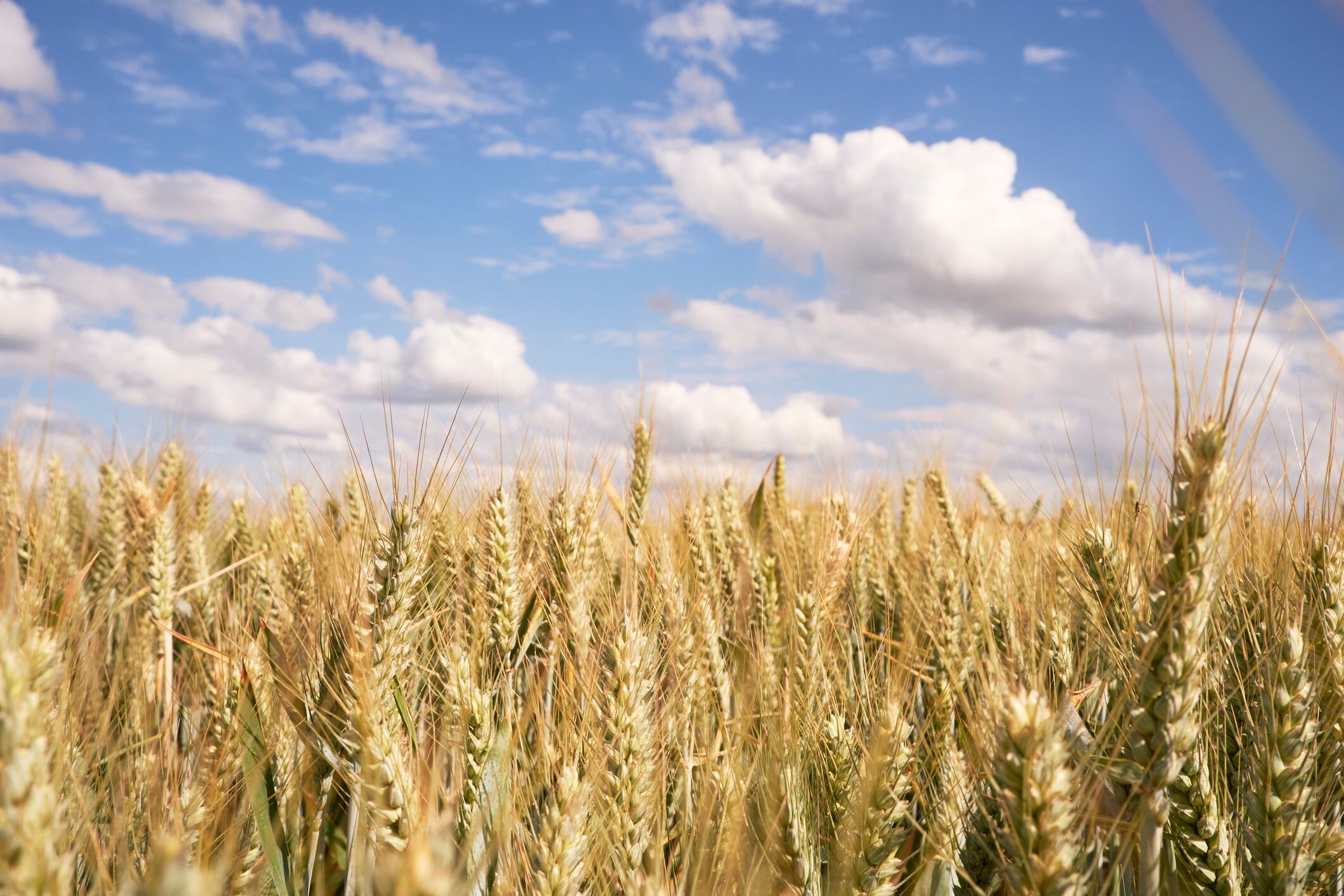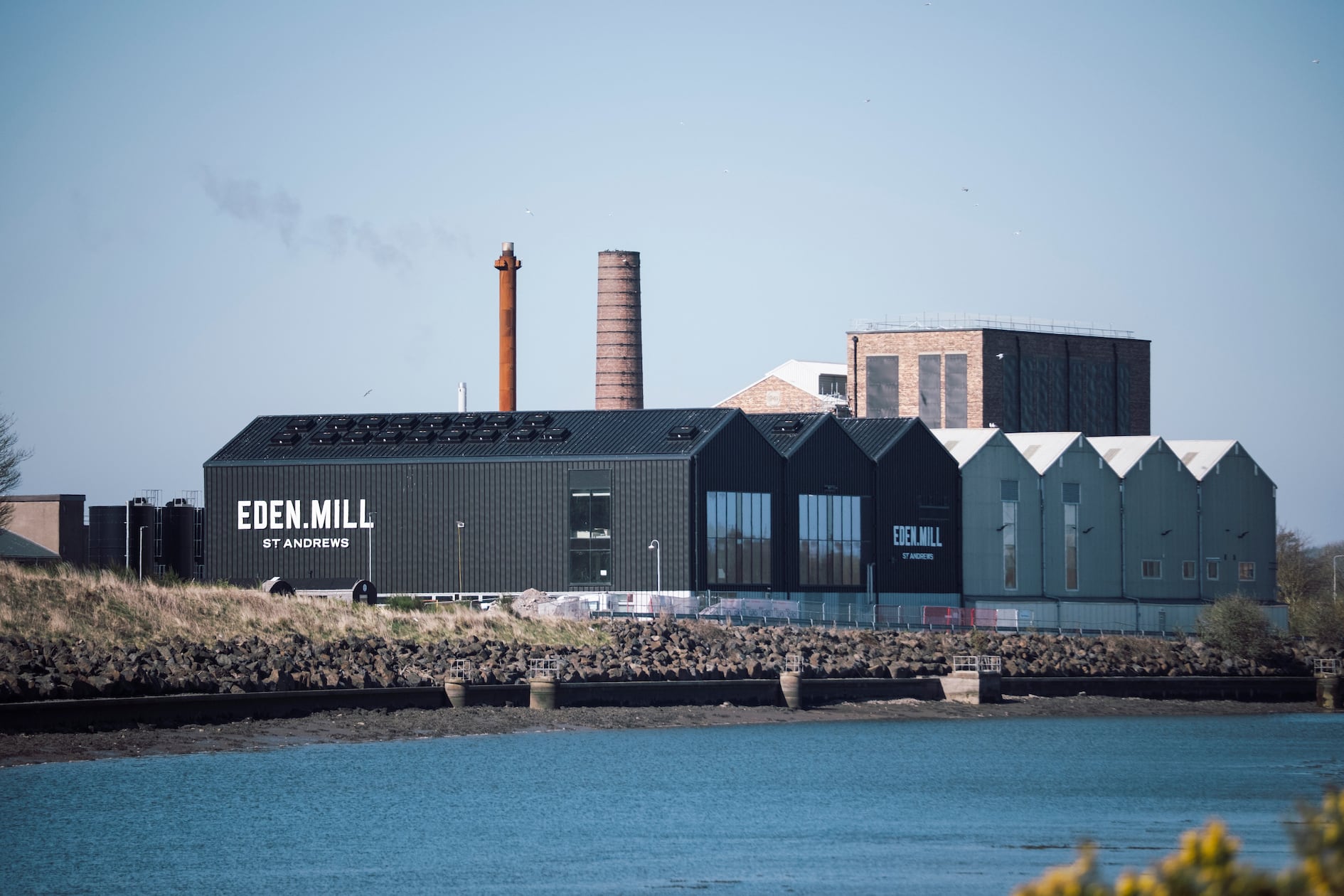According to research from Washington State University published in ‘Communications, Earth, and Environment’, planting wheat earlier in the year will not offset the effects of a warming climate.
Assistant professor in the university’s department of biological systems engineering, Kirti Rajagopalan, and graduate student, Supriya Savalkar, studied spring wheat across much of the northern US, working with other scientists and wheat breeders to analyse planting windows and temperatures in the various regions.
The team used computing power to run simulations in every region, with the data clearly showing that spring wheat could have less productivity than current levels even if the crop is fully grown before the height of summer temperatures.
“Over the years, a lot of studies addressing climate change in agriculture have talked in positive terms about earlier planting as a fix for increased heat,” explained Rajagopalan.
“We wanted to look at that more critically because it seemed very simplified. We thought the reality could be more nuanced, and that is reflected in our findings.”
Rajagopalan added that early planting still exposes crops to less than ideal temperatures than in other growth stages, which could limit growth.
“Yes, earlier planting has some benefits. But we wanted to make sure we haven’t overemphasized those benefits compared to potential trade-offs.”
Savalkar, who will defend her PhD dissertation in November, commented: “You can reduce heat stress in some stages, but at the cost of exposing it to elevated heat or cold stress in other growth stages.”
Another impact of earlier planting is a reduction in the planting window, which is currently around 11 weeks. However, Savalkar explained that earlier planting may shrink that window down to one to seven weeks.
“Shrinking the planting window is a nightmare for farmers,” Rajagopalan said.
“It’s already challenging for them to get all their crop in the ground; having less time would be much harder.”
The study could also have an impact on other facets of the agriculture industry, including wheat breeding. Mike Pumphrey, a co-author on the paper, said it shows a need for wheat varieties that mature earlier while still producing high yields.
“We had no idea what the results of this study would be because nobody has really looked this in depth at the impact of early planting,” Pumphrey noted.
“Wheat has been produced from average conditions for over 100 years. Now, conditions are changing so significantly in such a short period of time that it’s hard to adjust.”
The paper does not say early planting is all negative, with Rajagopalan and Savalkar hoping to see more work done to help growers keep producing crops in a changing environment.



